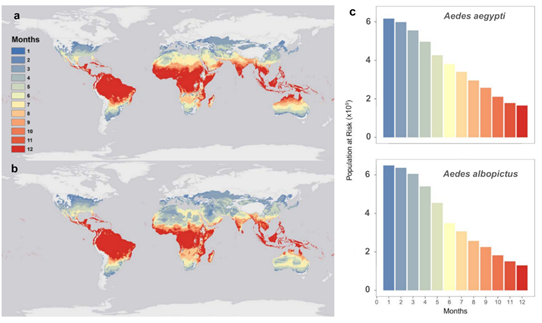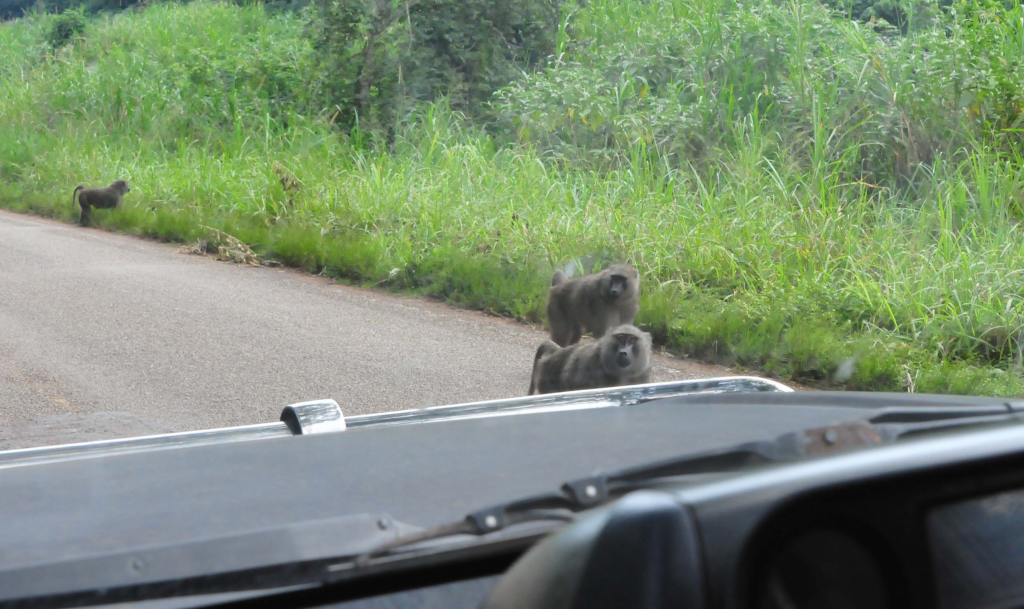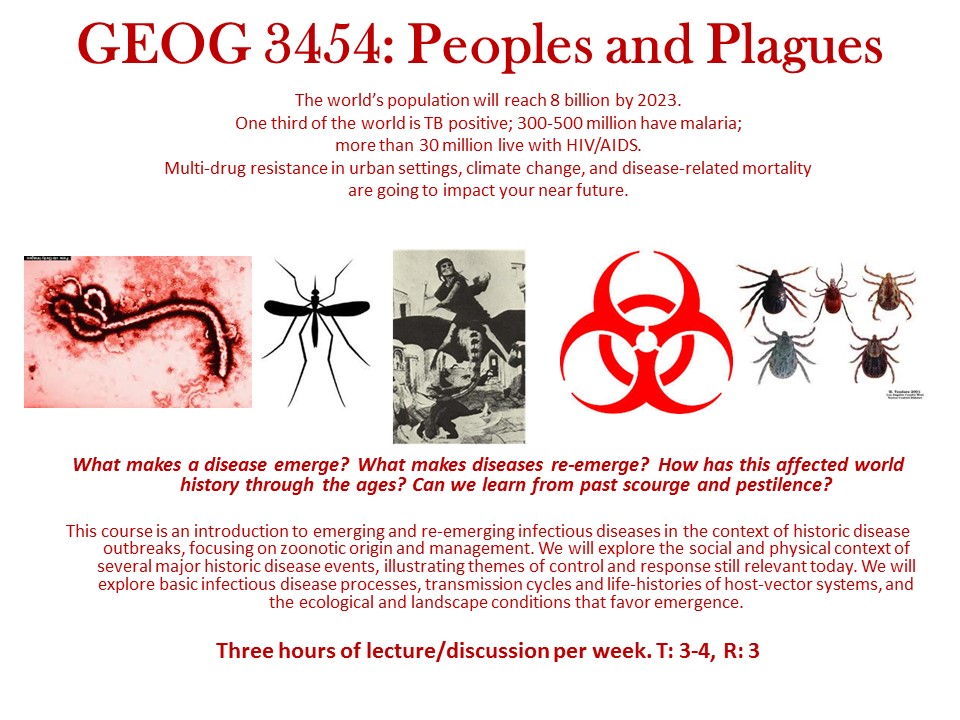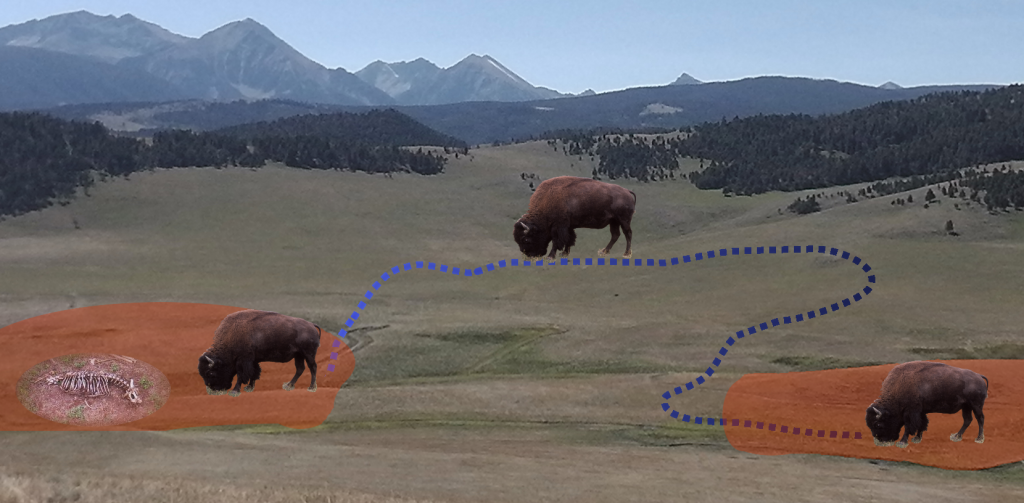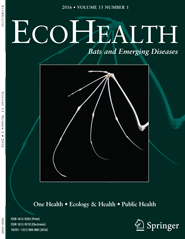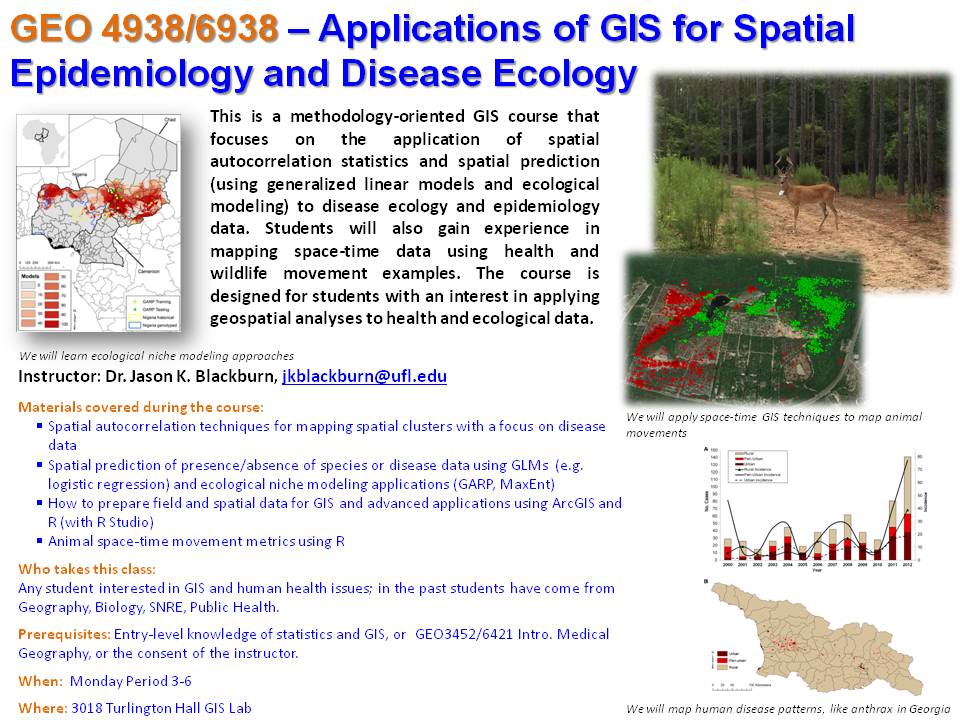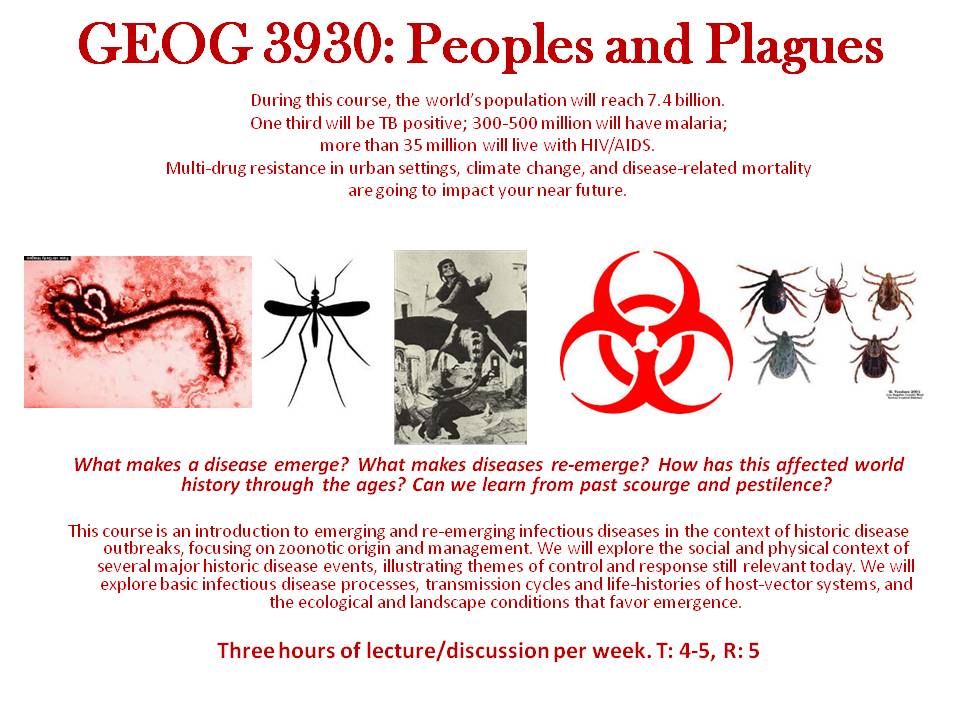A network analysis framework to improve the delivery of mosquito abatement services in Machala, Ecuador
BLACKBURN, LIPPI, MAO, RYAN – A network analysis framework to improve the delivery of mosquito abatement services in Machala, Ecuador Catherine A. Lippi, Liang Mao, Anna M. Stewart-Ibarra, Naveed Heydari, Efraín Beltrán Ayala, Nathan D. Burkett-Cadena, Jason K. Blackburn & Sadie J. Ryan Article first published online: 11 FEB 2020 International Journal of Health Geographics […]
